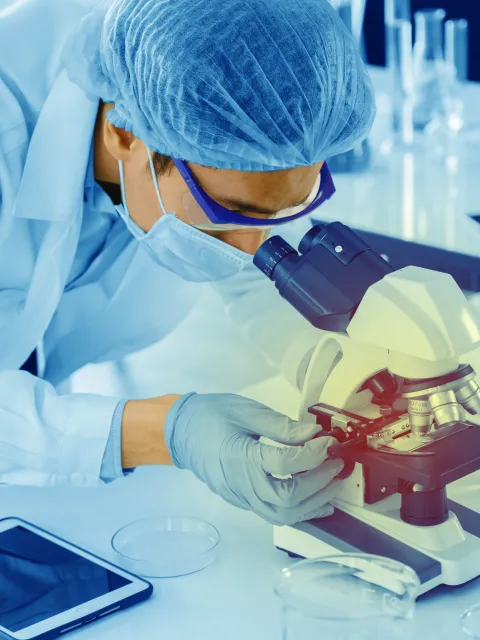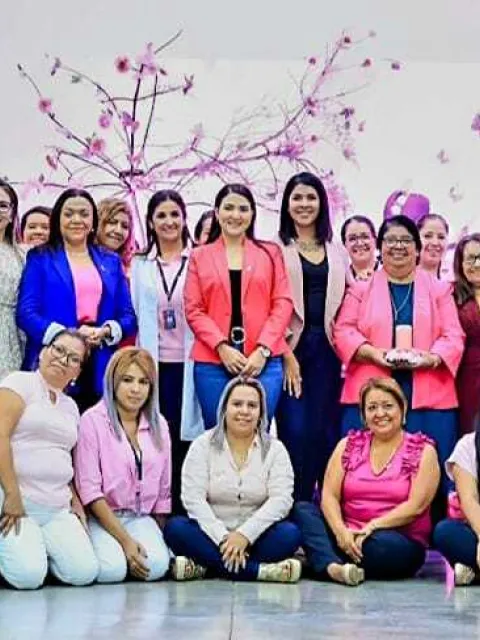The importance of affordable and quality assured biosimilars
Access to timely and quality assured cancer treatment is crucial for successful outcomes and decreasing the global cancer burden. Fortunately, new and innovative treatments for many cancers are constantly being developed.

Biological products also referred to as biotherapeutic products and biopharmaceuticals, have greatly improved treatment outcomes for many cancers. They motivate the body's immune system to recognise and destroy cancer cells[i] and therefore, play a pivotal role in many treatment regimens.
Biologicals are produced through complex biological processes in living cells. These products are relatively large in size and more complex than small molecule drugs which are chemically synthesized. Biologicals have several advantages as they can, theoretically, be customised to hit specific ‘targets' in the human body[ii]. Although effective, they are expensive due to their complex manufacturing process and access is restricted to the limited few who can afford them.
What are biosimilars?
In recent years, the development and regulatory approval of biosimilars has provided effective options to biologics. Biosimilars are not like generic medicines (which are equivalent to the reference product) – but are biological products that are highly similar to the corresponding reference biological[i]. Their development and entry into the market will increase competition and therefore, help in reducing the cost of these otherwise expensive therapies. Biosimilars have been on the market for more than 10 years. The first biosimilars in oncology included filgrastim and epoetin alfa. These were then followed by bevacizumab, trastuzumab and rituximab. Fortunately, this list is set to expand.
The WHO Model List of Essential Medicines has included several biological products for cancer treatment. One such example is the very recent addition of nivolumab and pembrolizumab for metastatic melanoma[ii] and another is trastuzumab for HER2 positive breast cancer, which was added to the list in 2015. The WHO Model list serves as a tool to help countries decide which medicines are needed for public procurement.
In a further step to increase access to these biological therapies, the WHO Prequalification Programme has recently prequalified a biosimilar- trastuzumab.[iii]
“The inclusion of biosimilars in the WHO Prequalification Programme is a very promising development for many cancer patients. We hope that a great variety of biological therapies become accessible to more people due to reduced prices”. – Shalini Jayasekar Zürn, Senior Advocacy Manager
Improving access to Biosimilars
Although many companies have included the development of biosimilars in their portfolios, in developing countries like India, efforts are especially being made to develop these therapies involving low development costs and risks[iv]. One such company is Biocon Biologics, a recent UICC partner who believes in addressing equitable access by also building strong partnerships between governments, the pharmaceutical industry, digital innovators and other key-value chain stakeholders.
“At Biocon we are committed to making a difference to global healthcare. We work towards improving the access to affordable innovation and affordable treatments, trying to reduce the equity gap and improving the lives of people affected by cancer. We know we cannot do this alone, and therefore this is the reason why we are very proud to be partnering with the Union for International Cancer Control, to work together in reducing the global cancer burden and make a difference to patient’s lives”. - Dr Alexander Zach, Senior Vice President, Global Head Market Access & Policy at Biocon Biologics, Limited
Last update
Tuesday 28 January 2020
